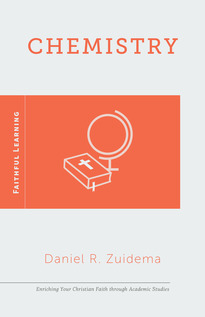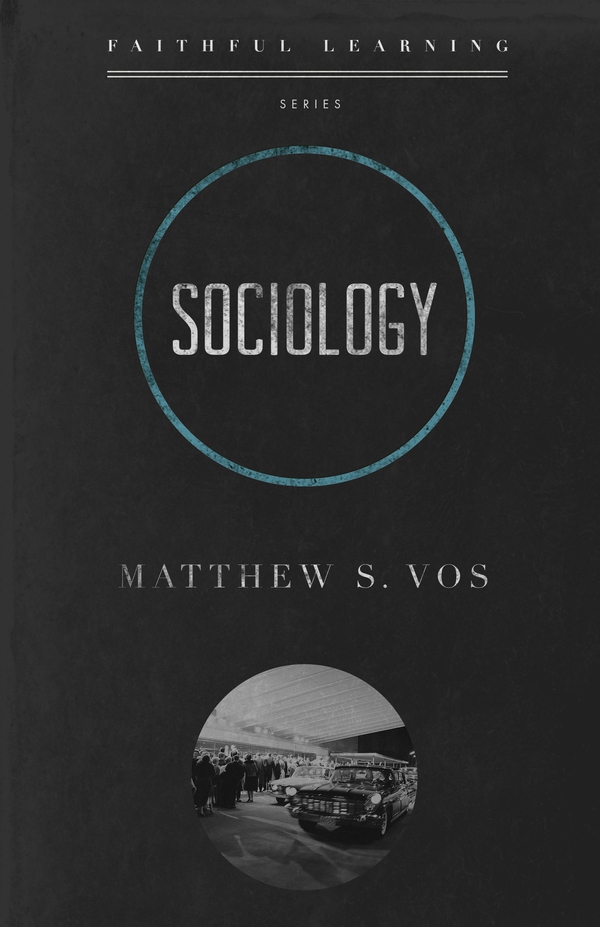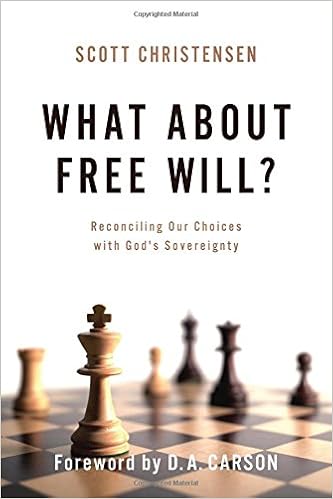Abraham Kuyper by Sophie Bishop
Sunday, 31 July 2016
#Kuyperania July 2016
James Bradford Pate has a review of Kuyper's Our Program.
He concludes:
He concludes:
Those looking for a thoughtful and edifying discussion of political philosophy from a Christian perspective will find that in the book. But the book is not entirely that, for there are huge parts of it that are technical discussions about the issues of the day, such as public hygiene. The technical parts of the book may be interesting to historians or people with a historical interest, from an antiquarian perspective. Many readers’ eyes may glaze over those parts, though. There were parts of the book that were rather elliptical: one would have to know the historical background to understand what Kuyper was saying. In many cases, the footnotes were helpful. In some cases, there were not footnotes, or the footnotes talked more about names, dates, and events, which did not shed much light on Kuyper’s discussion.
Sunday, 24 July 2016
Thursday, 21 July 2016
Chemistry by Daniel R. Zuidema - a brief review
Chemistry
Faithful Learning Series
Daniel R. Zuidema
P&R Publishing, 2016, 56 pp
ISBN 9781596389205
Publisher's website here.
Publisher's website here.
Chemistry has often been the cinderella of the natural sciences when it comes to Christian writings. Physics and biology generate more controversy with the Big Bang and evolution to name but two issues and so much more has been written on them. All this underlies the fact that much Christian writing on the science is of an apologetic nature. Chemistry it seems generates much less controversy and thus has attracted less attention. So, this booklet is a welcome addition.
Zuidema utilises the creation, fall and redemption framework and the idea of common grace to develop a ‘biblical Christ-centered approach’ to chemistry. This is a helpful introduction to a Christian approach to science - although it didn’t really focus closely on chemistry. Much of what was said could equally be applied to any of the natural sciences. In the book he illustrates clearly that chemistry is just as much a Christian calling as a doctor or pastor. As Zuidema puts it : ‘The researcher who spends her days devising new ways to reduce ketones can glorify God in her work every bit as much as the missionary doctor does.’ And ’’When a Christian does chemistry, he or she is doing “kingdom work.”’ These are important points which deserve reiterating.
The booklet is part of the Faithful Living series from P&R - most it seems are written, as this one, by professors at Covenant College. It is a useful series and provides a good brief and introductory starting point for thinking about academic subjects from a Christian perspective.
Wednesday, 20 July 2016
Sociology by Matthew Vos - a brief review
Sociology
Faithful Learning Series
Matthew S. Vos
P&R Publishing, 2014, 48 pp
ISBN 9781596384507
ISBN 9781596384507
Vos, a professor of Sociology at Covenant College, has provided a clear, brief guide for Christians to the academic discipline of sociology. The book is part of the Faithful Learning series. Vos stresses the social nature of humans - we are made for fellowship with God and one another, hence society and sociology is important.
He sees sociologists as collecting data in order to see what is rather than what should be. Consequently, the Christian sociologist ‘hopes to better understand how God’s work and human work fit together in order to gain a more complete picture of reality than the empirical tradition alone can offer’.
Although brief this is an excellent introduction. Not least his analysis of some of the key theories that have dominated sociology of late: functionalism, the conflict perspective (including Marxism) and symbolic interactionism. I also appreciated his view that sociology can challenge what we perceive as normal; it helps us to identify idolatries.
He concludes the book with a brief description of some living Christian sociologists: Nancy Ammerman, Peter Berger, Lisa Graham McMinn, David Moberg, Christian Smith, Robert Wuthnow and George Nancy. To this list we could also add Alan Storkey, Bruce Wearne and David Lyon. There is also a useful list of discussion questions, but sadly no suggested further readings.
Monday, 18 July 2016
What about Free Will? A review
What About Free Will
Reconciling Our Choices with God's Sovereignity
Scott Christensen
P&R Publishing, 2016
ISBN 978-1629951867; 304 pp; £12.99; pbk
… the gravest question before the Church is always God Himself, and the most portentous fact about any man is not what he at a given time may say or do, but what he in his deep heart conceives God to be like–A.W. Tozer, 1961 The Knowledge of the Holy. Bromley: STL, p9.
There is unequivocal biblical evidence for the belief that God is sovereign. Likewise, there seems to be biblical evidence for the belief in free will. How do we reconcile these two seemingly contradictory beliefs? Do we need to engage in double think, i.e. believing two mutually contradictory events as true? The temptation is to either affirm one and deny the other. But is that the only way to go?
One way that has recently been suggested to get around this problem is to affirm that God is in charge but he’s not in control (cf Bill Johnson). This however, makes God into a CEO, or someone like Queen Elizabeth II, ruling but not reigning. Such a perspective of a god is far from the biblical picture of God. So how can God be in control? If God controls all things then what about free will, prayer, and suffering and evil? If God controls all things are we left with fatalism? Does it mean that free-will is an illusion, that intercessory and petitionary prayer is fruitless, and that God is the cause of evil and suffering? It is these questions and issues that this book addresses.
Most Calvinists would affirm both the sovereignty of God and human free will; they hold to a position known as compatibilism - but is this doublethink? This book is an attempt to explain and defend the compatibilist position. If God is not sovereign then how can he be God? If we deny the sovereignty of God, then it means that in some way humans are responsible for their own salvation.
The strength and also weakness of the book is that it simplifies the issues. It means that the issues are made clear but the subtle nuances of the different positions are often missed. As such it then serves as a good introduction to the subject and a good first place to start for someone who wants to understand the key issues of human freedom and responsibility under a sovereign God.
Subscribe to:
Comments (Atom)





